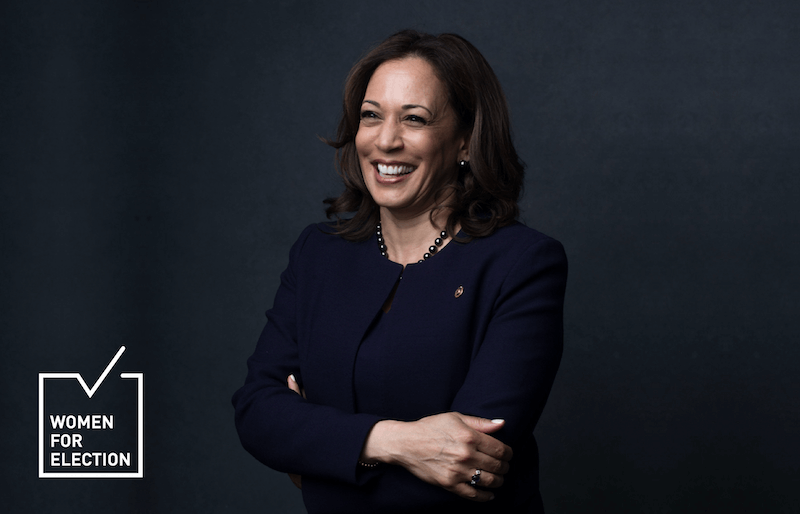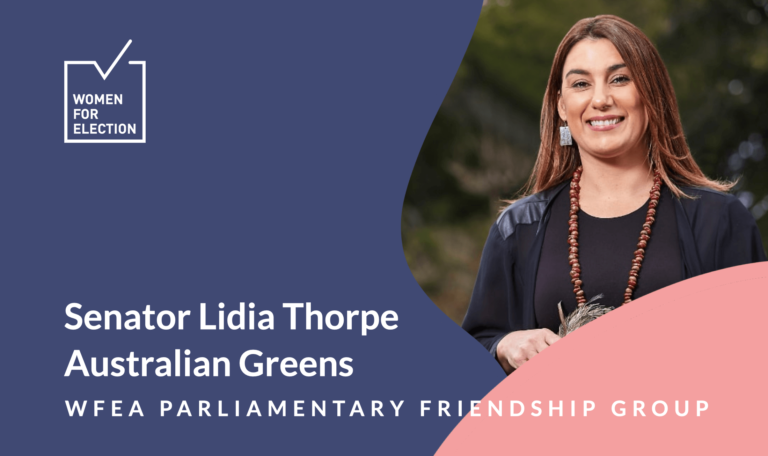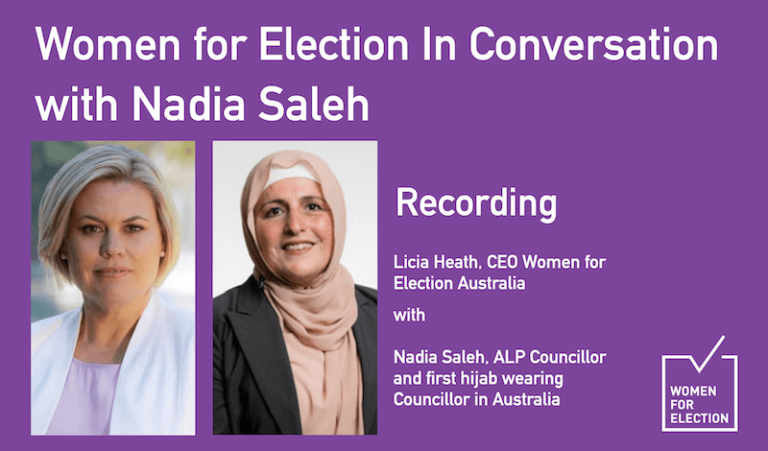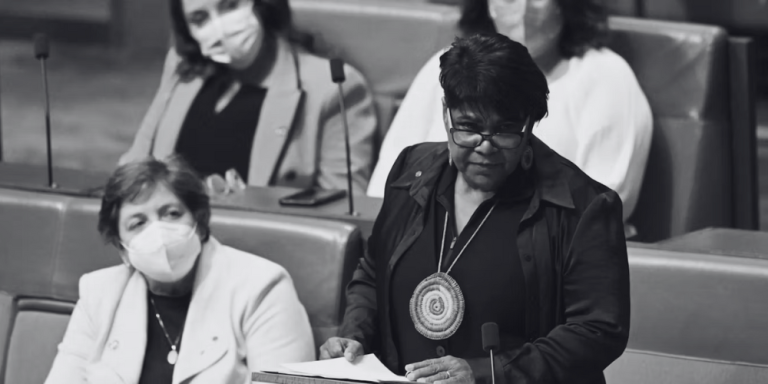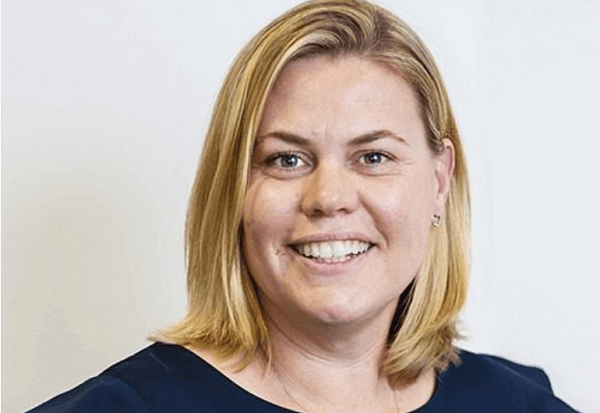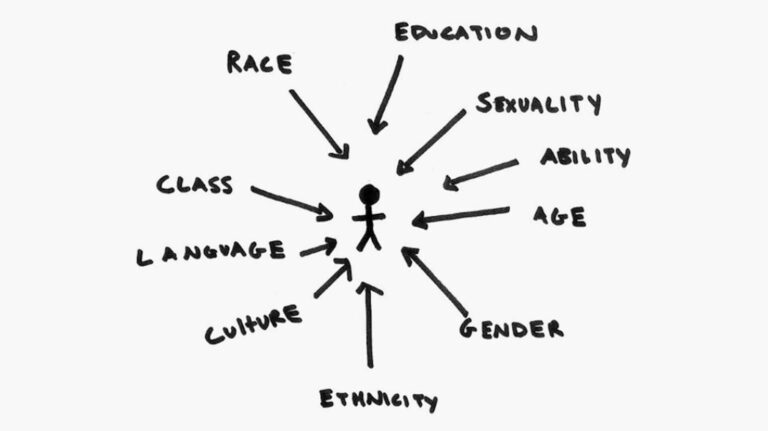After days of grind, American democracy delivers an historic day for women
Women have made their mark in this week’s historic US Presidential election.
The daughter of Jamaican and Indian parents who migrated to the US, Kamala Harris will be the first woman, and the first person of colour, to hold the office of Vice President in the United States. She was California’s first person of colour to serve as Attorney General, and the second Black woman in the Senate, so today is not the first time Harris has etched her name into history books.1
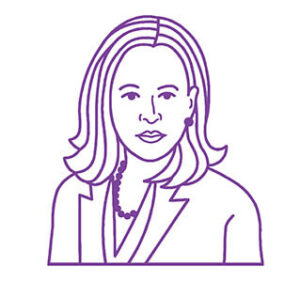 Harris’s victory alone is cause for celebration for women all over the world. Female heads of state like Jacinda Ardern, Angela Merkel, Singapore’s Halimah Yacob and Bangladesh’s Sheikh Hasina continue to show the world that women excel in office. Kamala Harris will have ample opportunity to do the same and, like her counterparts, demonstrate a much-needed capacity to restore trust in democratic institutions and to make democracy deliver on the many complex issues the US and the wider global community is facing.
Harris’s victory alone is cause for celebration for women all over the world. Female heads of state like Jacinda Ardern, Angela Merkel, Singapore’s Halimah Yacob and Bangladesh’s Sheikh Hasina continue to show the world that women excel in office. Kamala Harris will have ample opportunity to do the same and, like her counterparts, demonstrate a much-needed capacity to restore trust in democratic institutions and to make democracy deliver on the many complex issues the US and the wider global community is facing.
Not only is she first in the line of succession for President, Kamala Harris is now heir apparent as the Democrats’ next Presidential nominee. For women and girls everywhere, no matter what their political leaning, Harris’ win is an extraordinary breakthrough.
More women than ever before have been elected to Congress, with Republicans in particular increasing the number of women by almost 50% growing from 22 to 32, giving women on both sides of the aisle reason to celebrate. But there is still a long way to go for parity, with women only occupying 25% of the total seats in Congress.2
The election result is also due significantly to women and people of diverse backgrounds flexing their collective muscle.
Consistent with 2016, women voted 56%-43% Democrat.3 The Biden-Harris ticket held a massive 83% positive margin among Black women and 42% among Latina women, though results for both these demographics were down on the Democrats 2016 margins.4 Younger people also made their mark, with 18-29-year-old voters favouring Biden-Harris over Trump-Pence by 27%, and 30-44-year-olds by 7%.
There are other statistics that bear deeper analysis. Trump’s sharpest decline was among white men, where he lost 13 percent compared to 2016 and 10% among men more broadly.5 At the same time, Trump grew his vote among white women by 3% compared to 2016 results. Making sense of these changes is likely to take some time.
While WFEA is vehemently non-partisan, it must be said that for us, the departure from President Trump is a relief. President Trumps’ outwardly misogynistic behaviours, attacks on women and stance on women’s health in the US and abroad, as well as his failure to progress equal pay, are unacceptable. When leaders in the USA or globally, no matter what party, send derogatory messages regarding women it hurts men and women everywhere and our society more broadly.
The election saw a slew of other firsts throughout the country worthy of celebration.
In Oklahoma, Mauree Turner became the first Muslim to be elected for the Oklahoma Legislature and the first nonbinary legislator in America. They are also Black and queer.1
Sarah McBride, formerly the National Press Secretary for the Human Rights Campaign, was elected to Delaware’s State Senate – becoming the first openly transgender State Senator in the country and the highest-ranking openly transgender elected official nationwide.2
New Mexico elected women of colour to each of its three Congressional House Districts.
Incumbent Deb Haaland was re-elected after making history in 2018 as one of the first Native American congresswomen. Newly elected Republican Yvette Herrell is a member of the Cherokee Nation. And Teresa Leger Fernandez is the first woman and Latina to ever represent northern New Mexico in the US Congress.3
Cori Bush, an activist and protest leader against police brutality and racial discrimination, won the Missouri’s 1st Congressional District, becoming the state’s first Black Congresswoman.4
 While the count in the days following the election day was a rocky road, American democracy has proven robust enough to weather the storm generated by COVID and a divisive President. And Kamala Harris has demonstrated what can be achieved through exceptionally hard work, passion and commitment in a free democracy. With her journey at the highest echelons of politics just beginning, Kamala will inspire billions of women and girls across the planet to step up and follow in her footsteps, to be heard and be at the table. As Vice President-Elect Harris said at her address on November 8 (Sydney time), “…while I may be the first woman in this office, I will not be the last.”
While the count in the days following the election day was a rocky road, American democracy has proven robust enough to weather the storm generated by COVID and a divisive President. And Kamala Harris has demonstrated what can be achieved through exceptionally hard work, passion and commitment in a free democracy. With her journey at the highest echelons of politics just beginning, Kamala will inspire billions of women and girls across the planet to step up and follow in her footsteps, to be heard and be at the table. As Vice President-Elect Harris said at her address on November 8 (Sydney time), “…while I may be the first woman in this office, I will not be the last.”
Andrew Butler, Non-Executive Director, WFEA
Andrew is a communications specialist and runs the Corporate Affairs agency, Wilkinson Butler.
With a background in political campaigning and policy development, Andrew has provided strategic and tactical communications support to organisations from a large variety of industry sectors, including not-for-profits.
Much of his focus is on managing complex issues and long-term reputational challenges.
As Chair of the PR & Government Relations Committee, Andrew brings to WFEA, expertise in strategic communications, campaigning, media engagement, government relations and strategy and stakeholder engagement.
Connect with Andrew on LinkedIn
Sources:
[1] ABC News: Kamala Harris is the first woman set to become vice-president of the United States
[2] CAWP Election Watch: Election 2020 Results Tracker
[3] The Guardian: US voter demographics: election 2020 ended up looking a lot like 2016
[4, 5] CNN Politics: How voters shifted during four years of Trump
[6, 7, 8, 9] USA Today: An election season of many ‘firsts’: Here are newly elected officials making history nationwide

